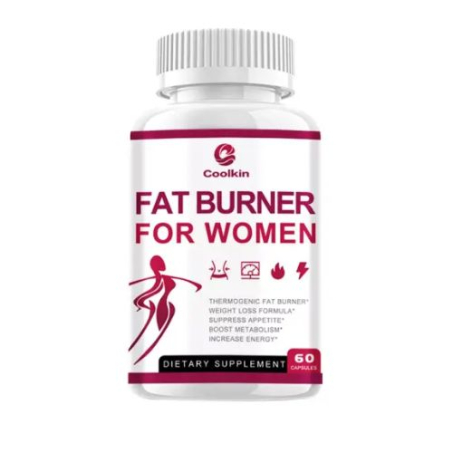
Looking To Buy Original Precautions regarding ingredients In Pakistan? We Have It At Best Price In Pakistan. Order Now And Get It At Your Home.Get The Best Deals On Precautions regarding ingredients In Pakistan From PakOnShops.com. Precautions regarding ingredients In Pakistan Offers Online In Karachi, Lahore, Islamabad & All Across Pakistan. Cash On Delivery.Read more
| Product Condition: | Sealed By no means open, By no means used |
|---|---|
| Category: | Herbal Supplement |
| Payment Mode: | Cash On Delivery, Bank Transfer |
| Delivery Time: | 1 To 2 Days |
When handling ingredients, whether for cooking, baking, or food storage, it's important to follow safety and quality precautions to ensure food is safe to consume and maintains its best flavor and texture. Here are key precautions to consider: Wash Hands & Surfaces – Always wash hands before handling food and ensure utensils, cutting boards, and countertops are clean. Avoid Cross-Contamination – Keep raw meat, poultry, seafood, and eggs separate from ready-to-eat foods. Use different cutting boards for raw and cooked foods. Check Expiration Dates – Discard expired or spoiled ingredients (e.g., moldy cheese, rancid oils, or bulging cans). Proper Storage – Store perishables (dairy, meat, etc.) in the fridge (below 40°F / 4°C) or freezer (0°F / -18°C). Dry goods (flour, spices) should be kept in airtight containers. Thaw Safely – Thaw frozen meat in the fridge, cold water, or microwave—never at room temperature. Label Check – Always read labels for allergens (e.g., nuts, gluten, dairy, soy). Prevent Cross-Contact – If cooking for someone with allergies, use separate utensils and clean surfaces thoroughly. Inform Others – Clearly label dishes containing common allergens (e.g., peanuts, shellfish). Raw Eggs – Avoid consuming raw or undercooked eggs (risk of salmonella). Use pasteurized eggs for dishes like mayo or tiramisu. Raw Flour – Can contain harmful bacteria; avoid eating unbaked dough. Seafood – Ensure fish is fresh (no strong odor) and shellfish is properly cooked. Mushrooms – Only consume edible varieties; some wild mushrooms are toxic. Legumes & Grains – Some (like kidney beans) must be boiled thoroughly to remove toxins. Pesticides – Wash fruits/vegetables thoroughly; peel when necessary. Heavy Metals – Be cautious with certain fish (high mercury levels) and spices (lead contamination in some regions). Food Additives – Limit excessive preservatives, artificial colors, or high-sodium ingredients. Proper Cooking Temperatures – Use a food thermometer (e.g., poultry should reach 165°F / 74°C). Avoid Overheating Oils – Some oils (like olive oil) break down at high heat; use appropriate oils for frying (e.g., avocado, peanut oil). Salt & Sugar Moderation – Balance seasoning to avoid excessive sodium or sugar intake. Religious/Cultural Restrictions – Respect dietary laws (e.g., halal, kosher, vegetarian/vegan). Medical Conditions – Adjust ingredients for low-sodium (hypertension), low-sugar (diabetes), or low-fat (heart health) diets. By following these precautions, you can ensure food safety, maintain ingredient quality, and cater to dietary needs effectively. Always stay informed about food recalls and best storage practices. Would you like specific advice on a particular ingredient?Precautions regarding ingredients In Pakistan | Pakonshops.com
1. Food Safety Precautions
2. Allergen Awareness
3. Ingredient-Specific Precautions
4. Chemical & Contaminant Risks
5. Cooking & Preparation
6. Special Dietary Considerations
Akhtar
Verified Purchase Jun-22-2025I buy this product from your website. now i am using this product and getting good results Thanks. pakonshops.com